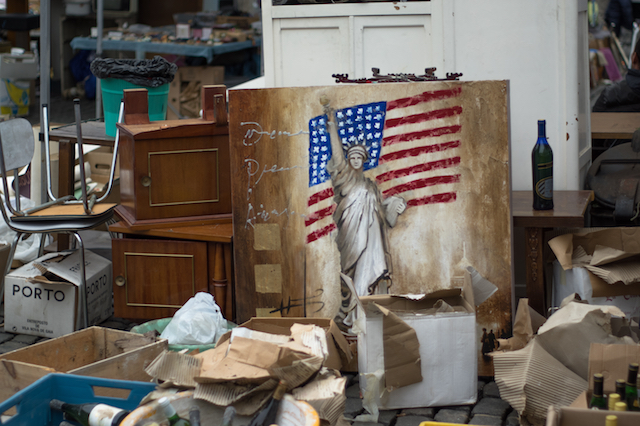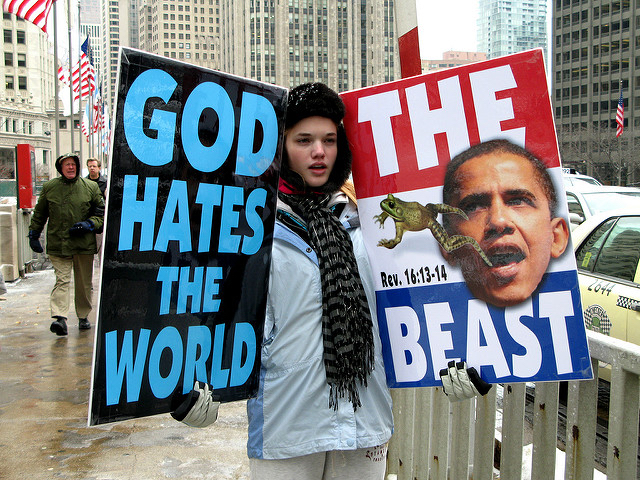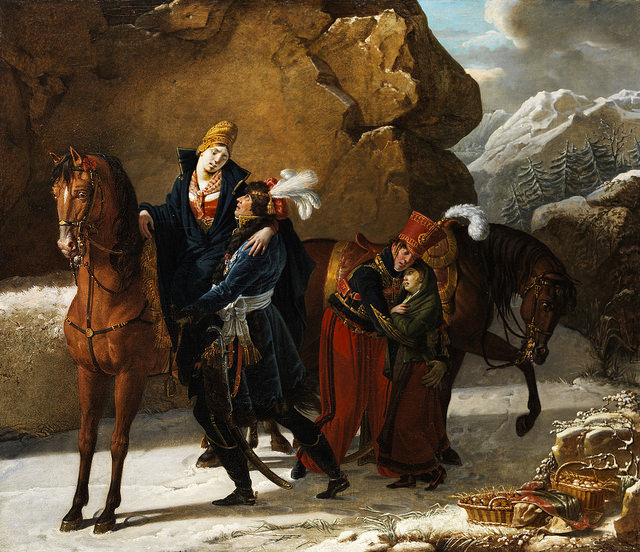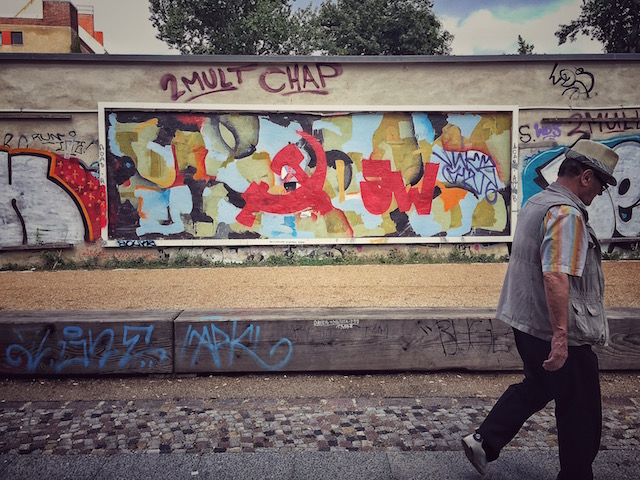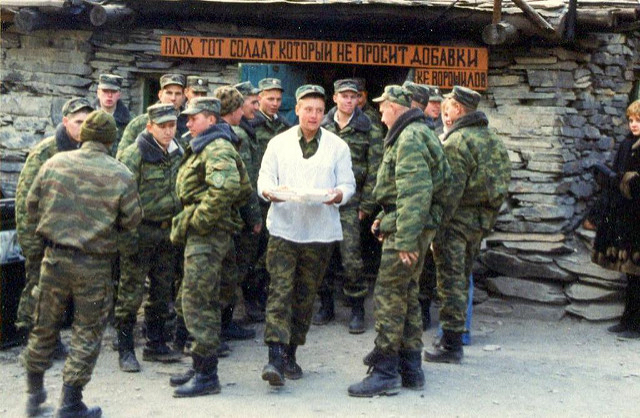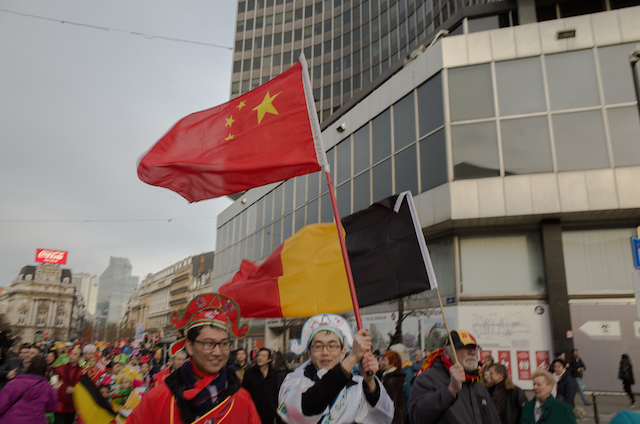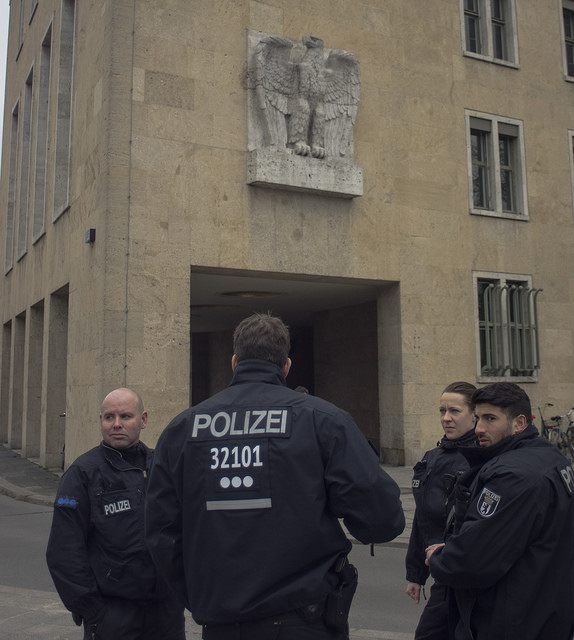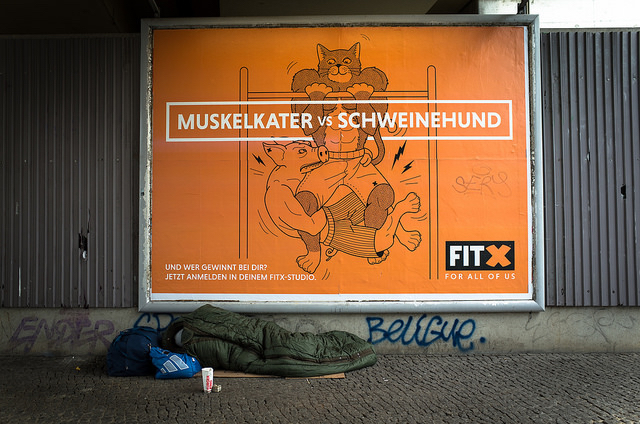The centralized state power, with its ubiquitous organs of standing army, police, bureaucracy, clergy, and judicature – organs wrought after the plan of a systematic and hierarchic division of labor – originates from the days of absolute monarchy, serving nascent middle class society as a mighty weapon in its struggle against feudalism. (More…)
Author: Karl MarxKarl Marx (1818-1883) was a German Jewish philosopher, best known as the founder of Communism.
Karl Marx (1818-1883) was a German Jewish philosopher, best known as the founder of Communism.
The perfect Christian state is not the so-called Christian state – which acknowledges Christianity as its basis, as the state religion, and, therefore, adopts an exclusive attitude towards other religions. On the contrary, the perfect Christian state is the atheistic state, the democratic state, the state which relegates religion to a place among the other elements of civil society. (More…)
With the new markets, which he opened at the point of the bayonet, and with the plunder of the continent, Napoleon returned to the farmer class with interest the taxes wrung from them. These taxes were then a goad to the industry of the farmer, while now, on the contrary, they rob his industry of its last source of support, and completely sap his power to resist poverty. (More…)
The only wheels which political economy sets in motion are greed, and the war amongst the greedy – competition. (More…)
The overwhelming influence of Russia has taken Europe at different epochs by surprise, startled the peoples of the West, and been submitted to as a fatality, or resisted only by convulsions. (More…)
Historic tradition has given birth to the superstition among the French farmers that a man named Napoleon would restore to them all manner of glory. Now, then, an individual turns up, who gives himself out as that man because, obedient to the “Code Napoleon,” which provides that “La recherche de la paternite est interdite,” he carries the name of Napoleon. (More…)
The Social Republic appeared as a mere phrase, as a prophecy on the threshold of the February Revolution; it was smothered in the blood of the Parisian proletariat during the days of 1848 but it stalks about as a spectre throughout the following acts of the drama. (More…)
In parliament the nation made its general will the law; that is, it made the law of the ruling class its general will. It renounces all will of its own before executive power and submits itself to the superior command of an alien, of authority. Executive power, in contrast to the legislative sort, expresses the heteronomy of a nation in contrast to its autonomy. (More…)
When we consider a country from a politico-economic standpoint, we begin with its population, then analyze the latter according to its subdivision into classes, location in city, country, or by the sea, occupation in different branches of production; then we study its exports and imports, annual production and consumption, prices of commodities, etc. (More…)
